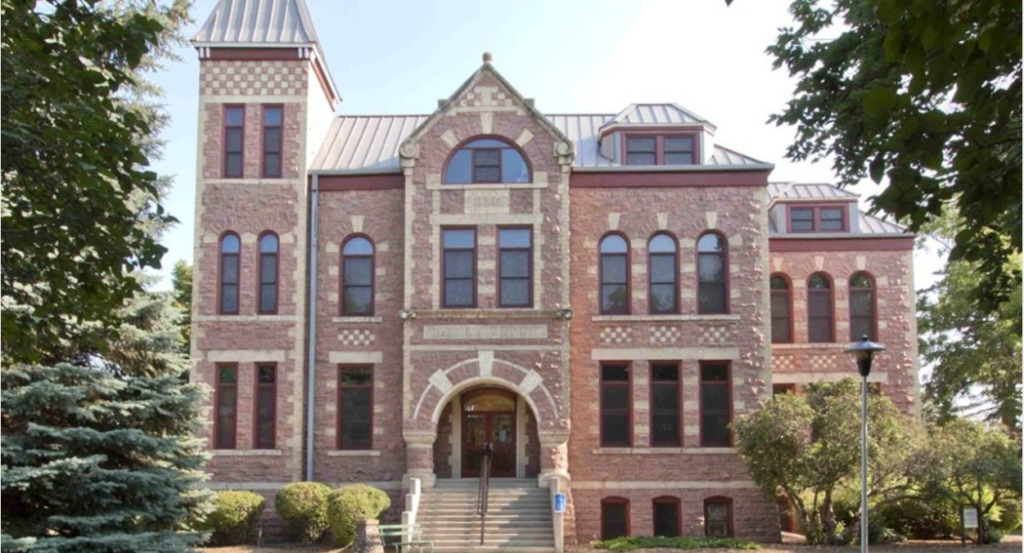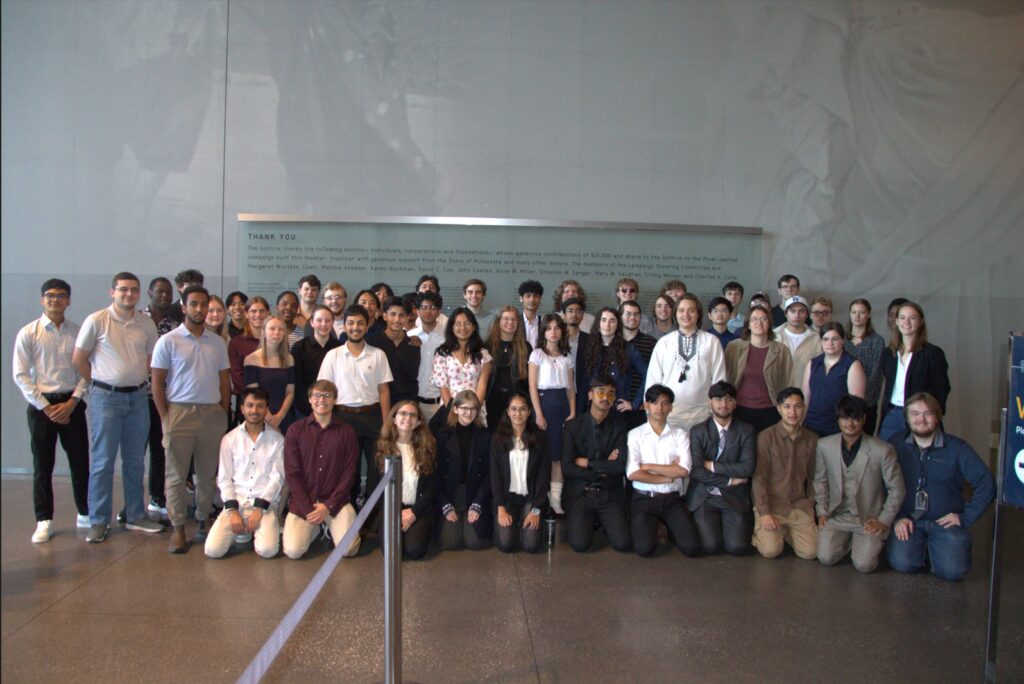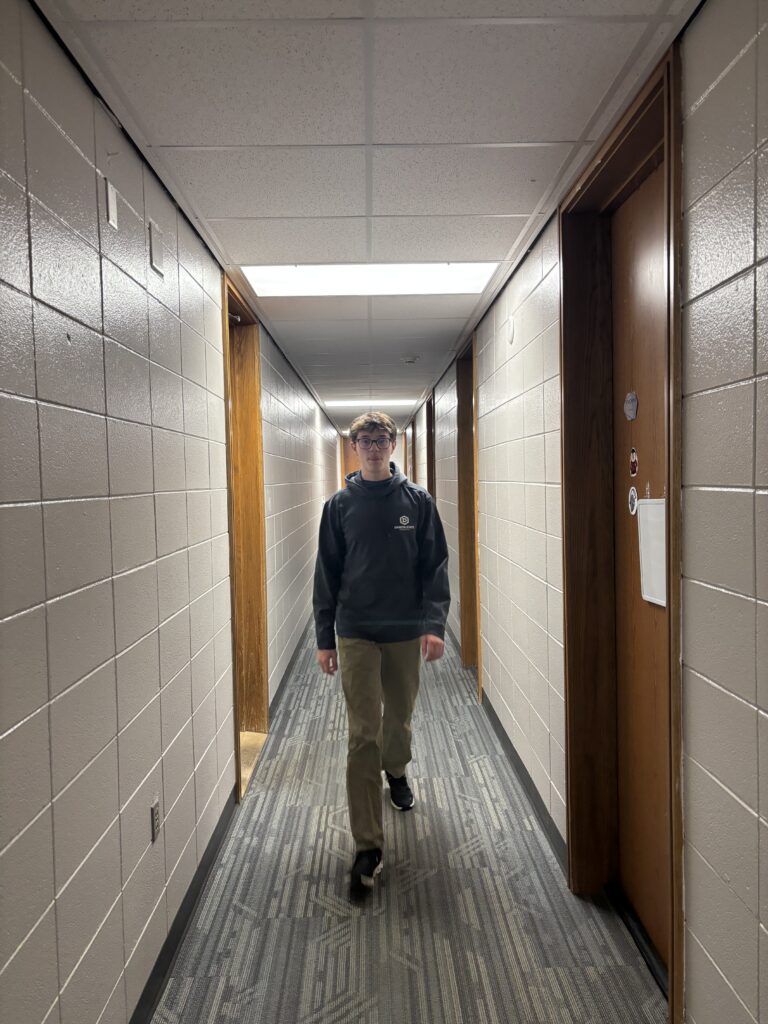A Look into the DSU Honors Program with Dr. Kemper Kurt
Most DSU students know about the General Beadle Honors Program, but what does the program offer its students, and what makes these students special? Dr. Kurt Kemper is the director of the Honors Program, and here is how he explains it.

Honors students are considered “already prepared for college-level work,” and the Honors Program allows them to get more out of their college experience. Students accepted into the program have to prove their preparation by scoring at least a 28 on the ACT, for automatic admission, or submitting an application to the program.
While in the program students are expected to complete 18 Honors credits that also cover their general education requirements, three of which are computer science classes. After the 18 credits are completed, there are two other pieces to fulfill, the Junior level Seminar, on “the broad ramifications of artificial intelligence,” and a Senior Thesis, which is major-specific. These students are also expected to maintain a 3.0 GPA to stay in the program and must have a 3.2 GPA to graduate from the program.

These Honors classes do not assign more homework or harder work, they simply have a different approach to the material. Students are expected to have an understanding of the material and do assignments and reading outside of class. This allows in-class time to focus on the application and use of the materials instead of primarily used for lectures.
Honors classes are typically smaller than an average DSU class, having around 18 students, which allows students to form conversations with their peers and bounce ideas off of each other.
Aside from academic benefits, Honors students see many other perks. Freshman Honors students get the opportunity to be housed in Emry Hall, allowing them to interact with like-minded students outside of the classroom. After freshman year, the Honors sophomores are the only students who are allowed to live off of campus.

Another housing option for Honors students is the Van Eps House which enables upperclassmen to live together and socialize more personally than in a dorm building. Kurt Kemper describes the Honors program as, “sort of like a fraternity or a sorority, in the sense that [they] live together, study together, and do social events together.” This program’s academic and social aspects allow the students to build lasting friendships with other students who tend to prioritize academics.
Additionally, Honors Students get opportunities to travel and broaden their education. Every student in the program is eligible to attend the fall trip to Minneapolis, Sioux Falls, or Kanas City to view live theatre and other art exhibits. This trip allows the students to gain more experience in the arts than they receive at a technology-centered university.
The students are also able to travel to the annual Honors conference which allows students to present and view other students’ work. The Honors program gives students who are researching and presenting at this conference funding to help them get any materials that they might need. The conference also allows students to interact with students from other Honors programs as well as get a road-trip experience with DSU honors students.
These trips and other social activities for the group are organized by the Student Advisory Council, which is made up of representatives from each year.
Some students realize the benefits of the Honors Program after they start school, but it is not unusual for students to join the program in their second semester or their sophomore year. However, after a student has completed their sophomore year or completed most of their generals, they will not be able to get as much out of the program.
Regardless of when a student joins the Honors Program, they will be able to reap benefits academically, socially, and professionally. Honors students get practice in building their writing skills which is highly valuable in the workforce. Kemper states that Honors alums usually report that “they got a job because of their degree, but they started succeeding in their job because of the things they were able to do that other first-year hires were not able to do.”




